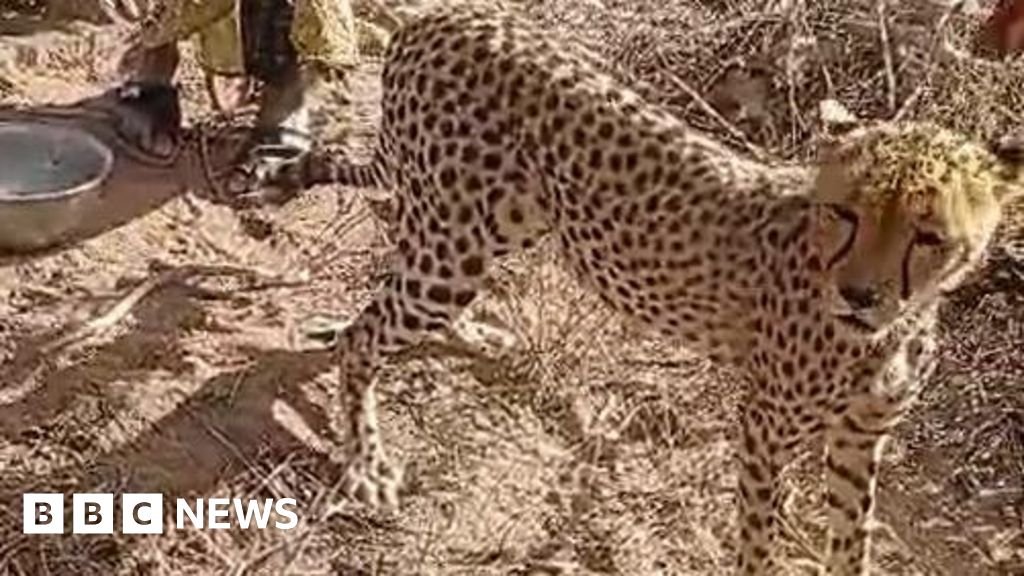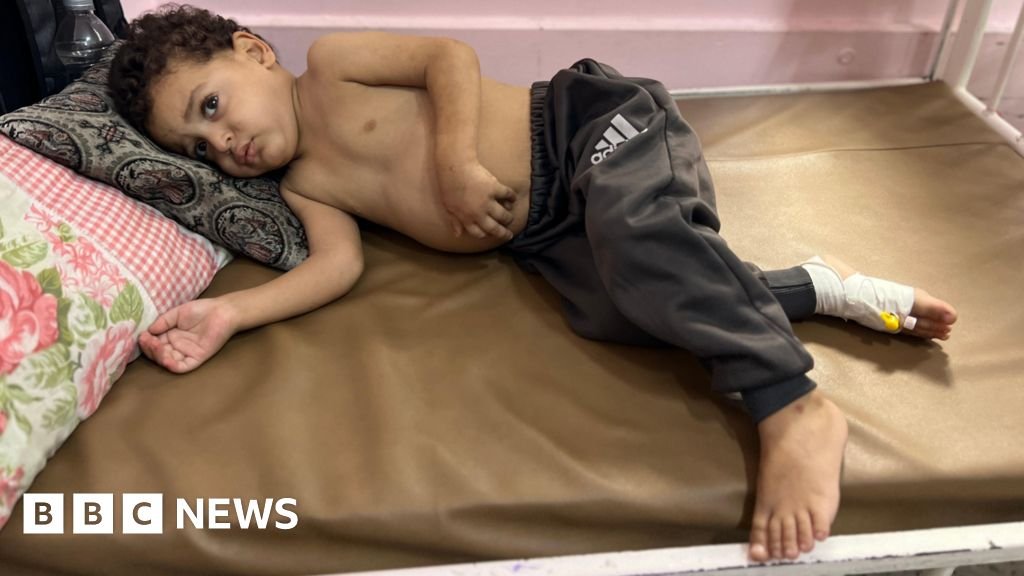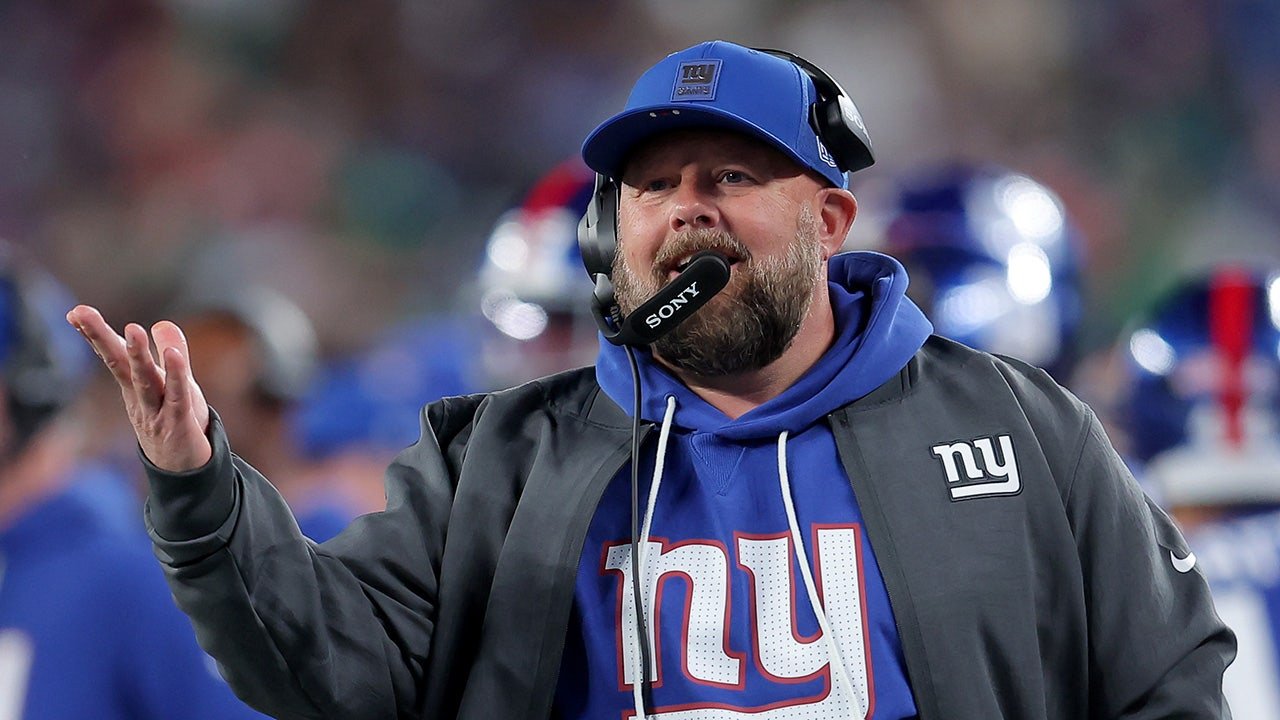
‘He became one of the children’
A family in Kenya has told the BBC that the cheetah cub they adopted became almost like their own son after they found it lying next to its dead mother.
However, their neighbors in Wazir Pargana to the north were not happy to see a wild animal so close.
“Many people asked us to remove the chicks immediately so that it does not harm the livestock. We did not do that because it seemed unreasonable,” said Bisharo Abdirahman Umar.
The reaction was not surprising because Somali-speaking nomadic communities make a living by raising livestock, which is threatened by predators such as cheetahs, leopards, lions and hyenas.
“We knew it wouldn’t benefit us in any way, like the livestock would,” said Rashid Abdi Hussain, a 45-year-old father of 10.
“But I decided that since people are killing these animals, maybe we should raise them and separate them instead.”
The family cared for the cub for two years and three months, during which time it became an integral part of the family.
“The animal was troublesome at first, but eventually, it tamed and became one of the children,” he said.
The family first fed the cubs milk through a syringe, then meat when they were old enough.
“We have made a huge sacrifice – since the day I rescued it, I have slaughtered 15 sheep to feed the cheetah,” Mr Hussain told the BBC.
The Kenya Wildlife Service (KWS) has commended the family for their generosity in caring for animals that are often killed or trafficked.
Sharmarke Mohammed, head of the Northeastern Conservation Association (NECA), says cheetahs and wildlife in north-eastern Kenya are facing a growing crisis that is largely being ignored.
“The cheetah is currently under very serious threat along with many other wild animals,” he said.
“This young cheetah that was recently found was probably an orphan, its mother either killed or poisoned,” he said.
According to the Cheetah Conservation Fund, cheetah trafficking is rampant in the region, with active smuggling routes running through northern Kenya, eastern Ethiopia and Somalia.
The organization estimates that 200 to 300 cheetah cubs are smuggled out of the Horn of Africa every year, many of them taken to Yemen and then illegally sold as pets in the Gulf states.
Ms Umar said those who wanted to buy the young cheetah approached the family but they refused to sell it.
“While we were taking care of him, we had people offering us money. Some would even pay 20,000 Kenyan shillings ($155; £115),” she told the BBC.
“Others suggested we trade the goats, but we refused because they had become part of the family.”
While KWS praised the family for caring for the cheetah, it pointed out that keeping wild animals as pets is against the law.
“We deeply appreciate the compassion of the Good Samaritan and remind all Kenyans that true coexistence means protecting wildlife,” the agency said.
A young cheetah is now being cared for at Nairobi Safari Walk.












Post Comment